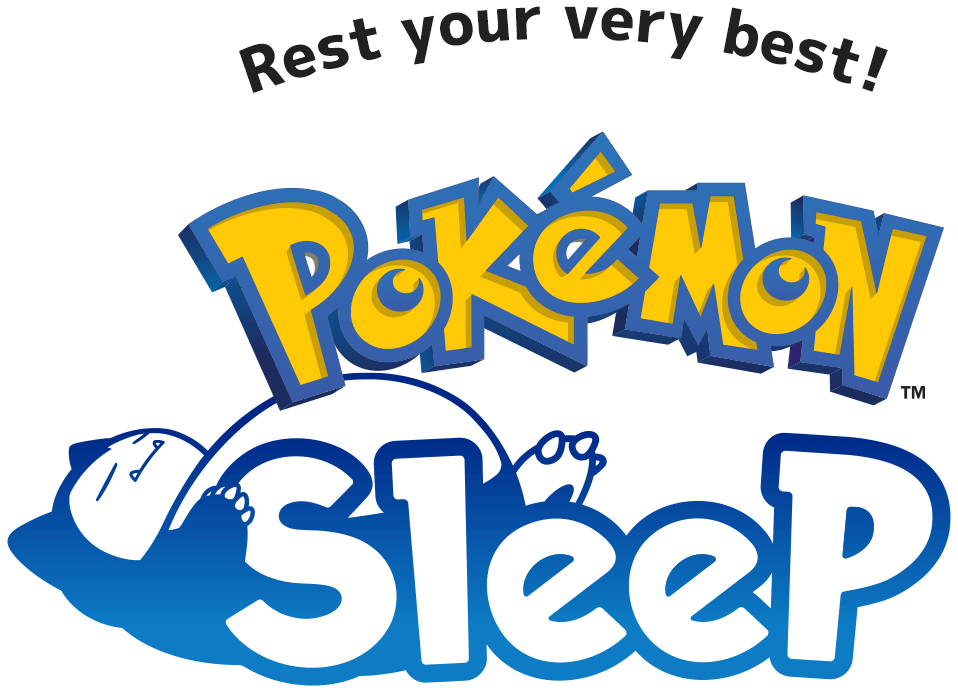Sleep terms you think you know but actually don’t
Notes:
- Pokémon Sleep is intended for entertainment purposes only and is not intended for use in detection, diagnosis, or treatment of any medical condition or disease.
- The information provided in this article—and the sleep score registered through Pokémon Sleep—does not represent or substitute for a diagnosis from a physician or health care professional, and it cannot be used as a diagnostic or therapeutic treatment for a sleep disorder. Users should seek medical attention in case they present signs or symptoms that could be associated with sleep disorders.
- Please note that the information in this article is intended for adults regarding sleep unless otherwise stated.
Note: The following information is based on the information provided from Dr. Yanagisawa and is commonly accepted in the sleep research field.
In these times full of modern conveniences, people are busy dividing their time between many different things. At the same time, lots of people worry about whether they’re getting enough sleep—or the right kind of sleep. There’s increasing interest in what we can all do to improve our sleep.
In order to understand sleep better, it’s useful to learn about the mechanisms behind sleep and the proper definitions of technical sleep-related terms so that we can approach sleep in a conscious and intentional manner. Do you know the following sleep facts?




